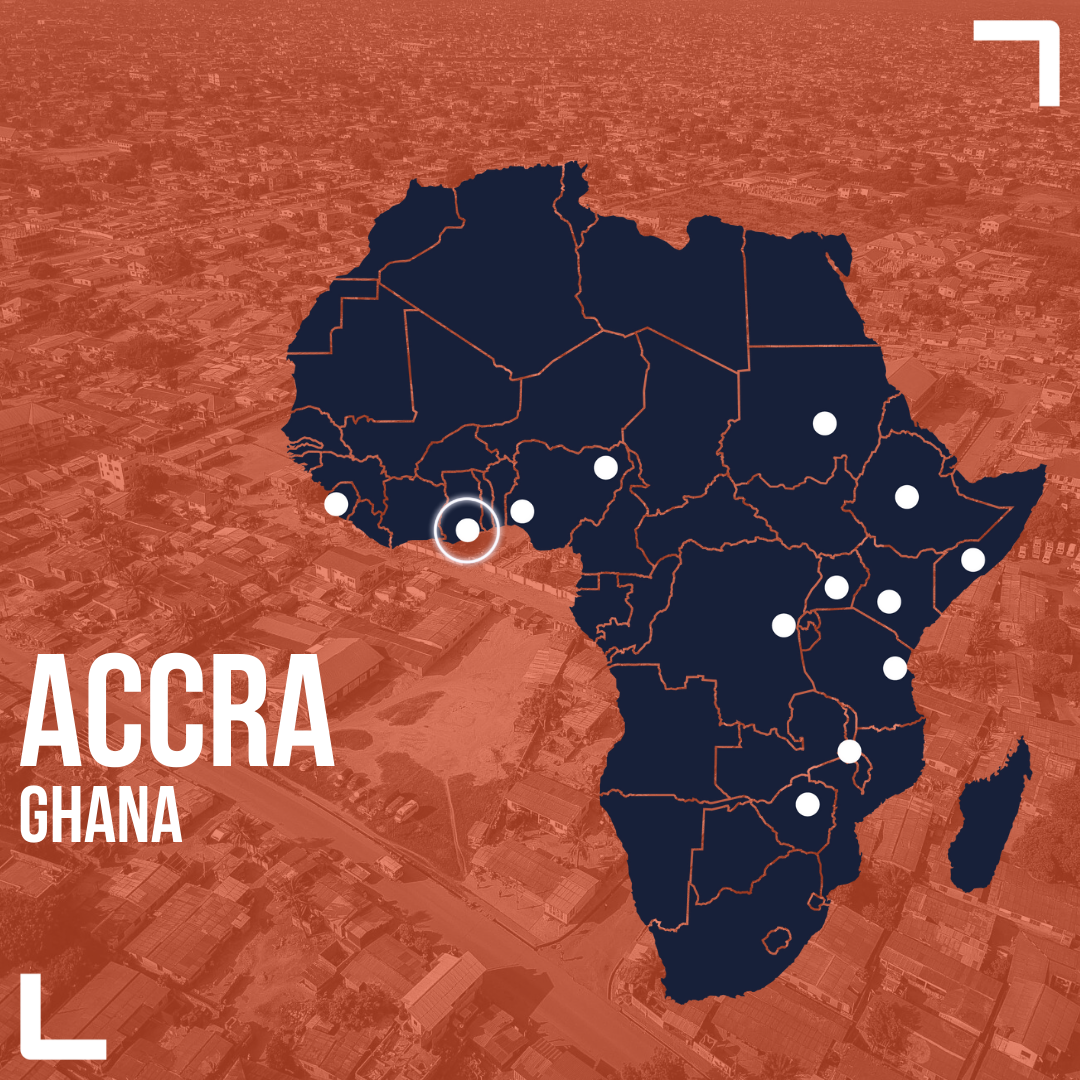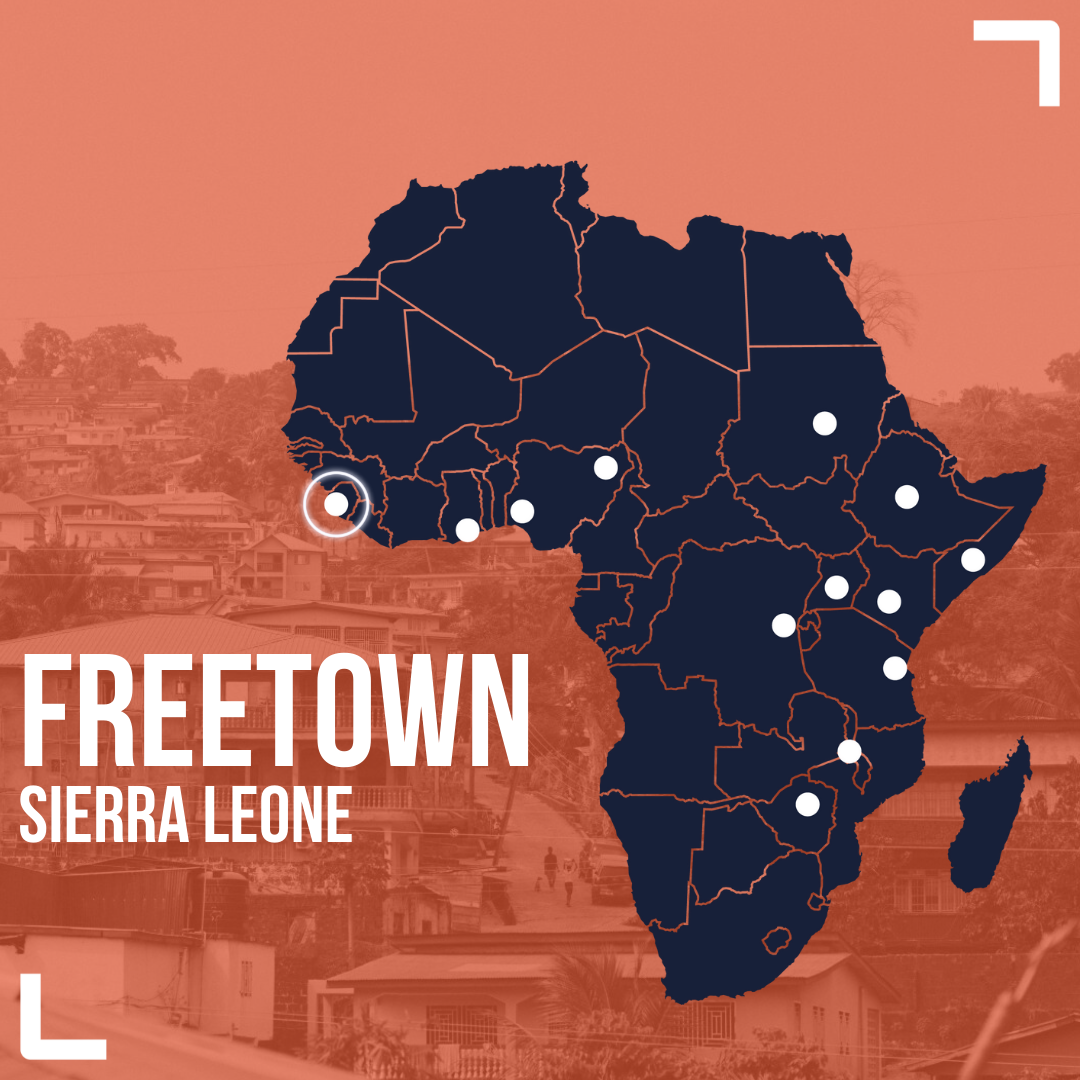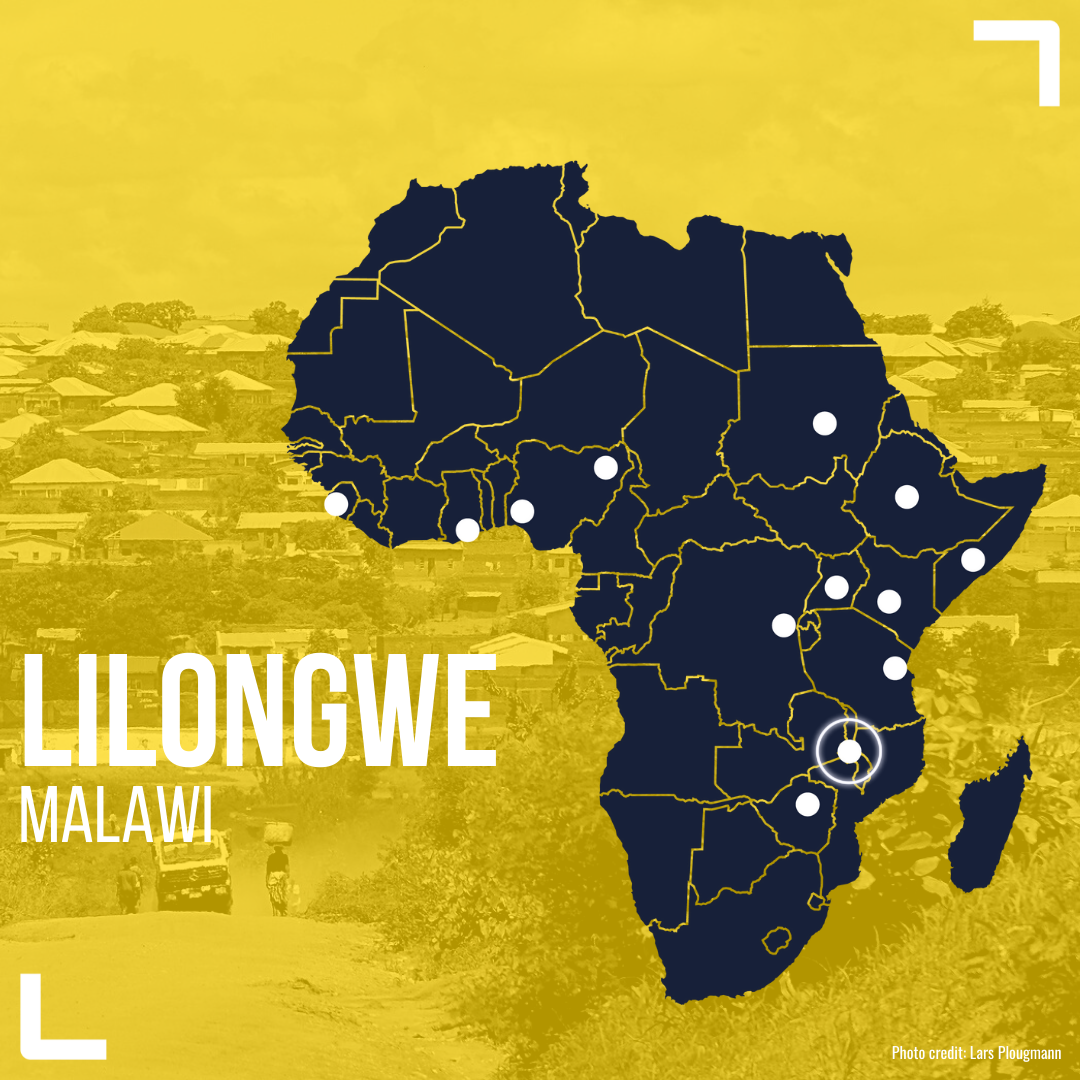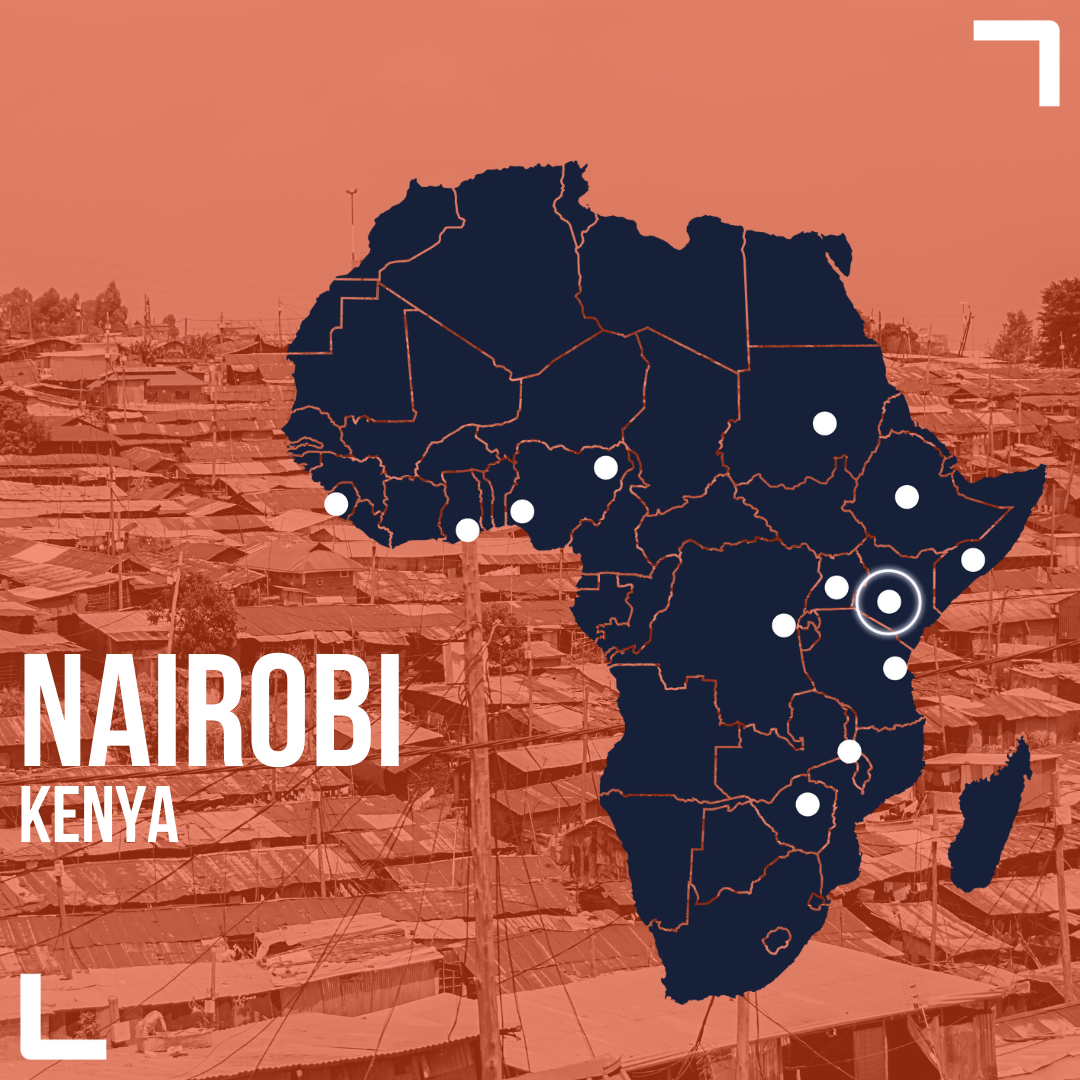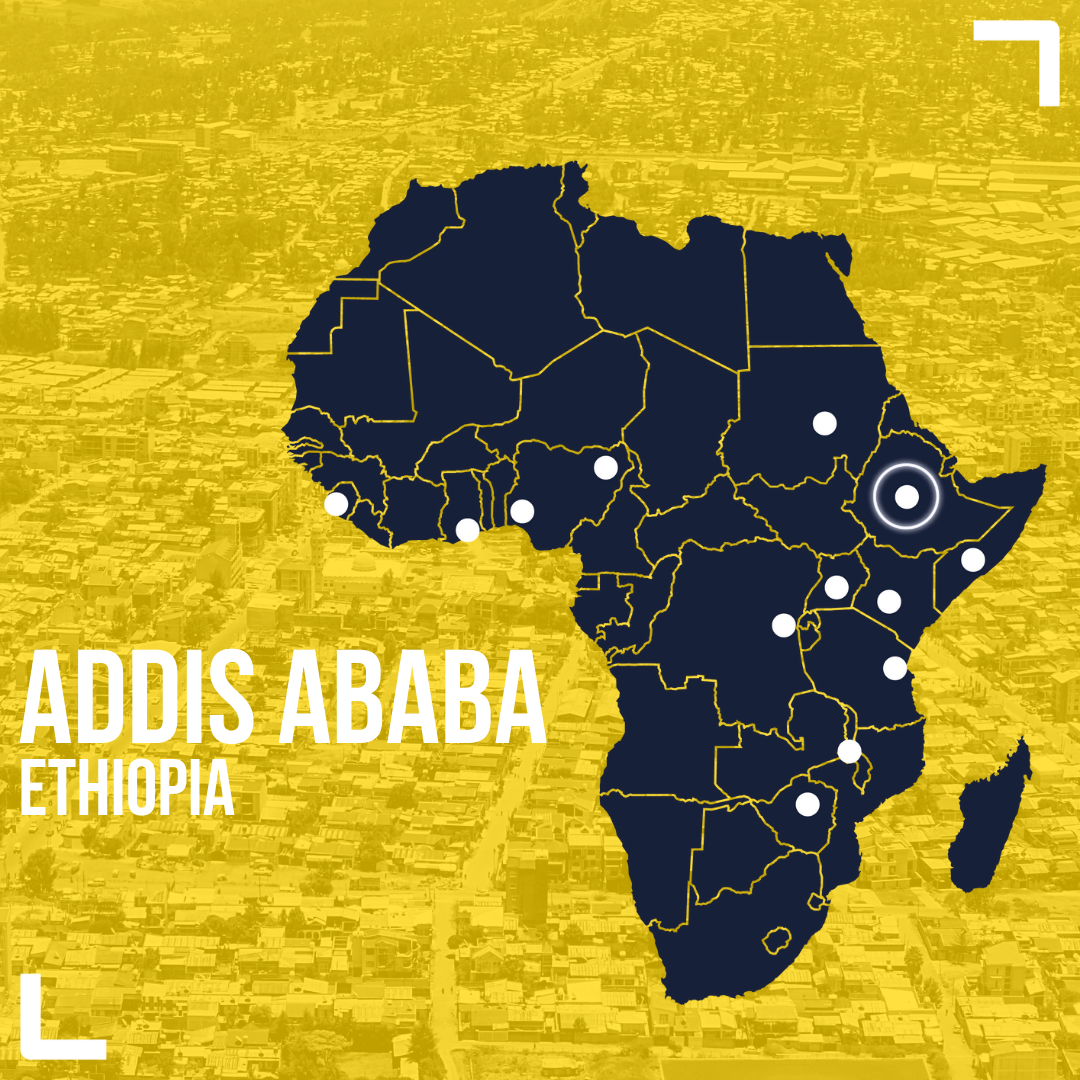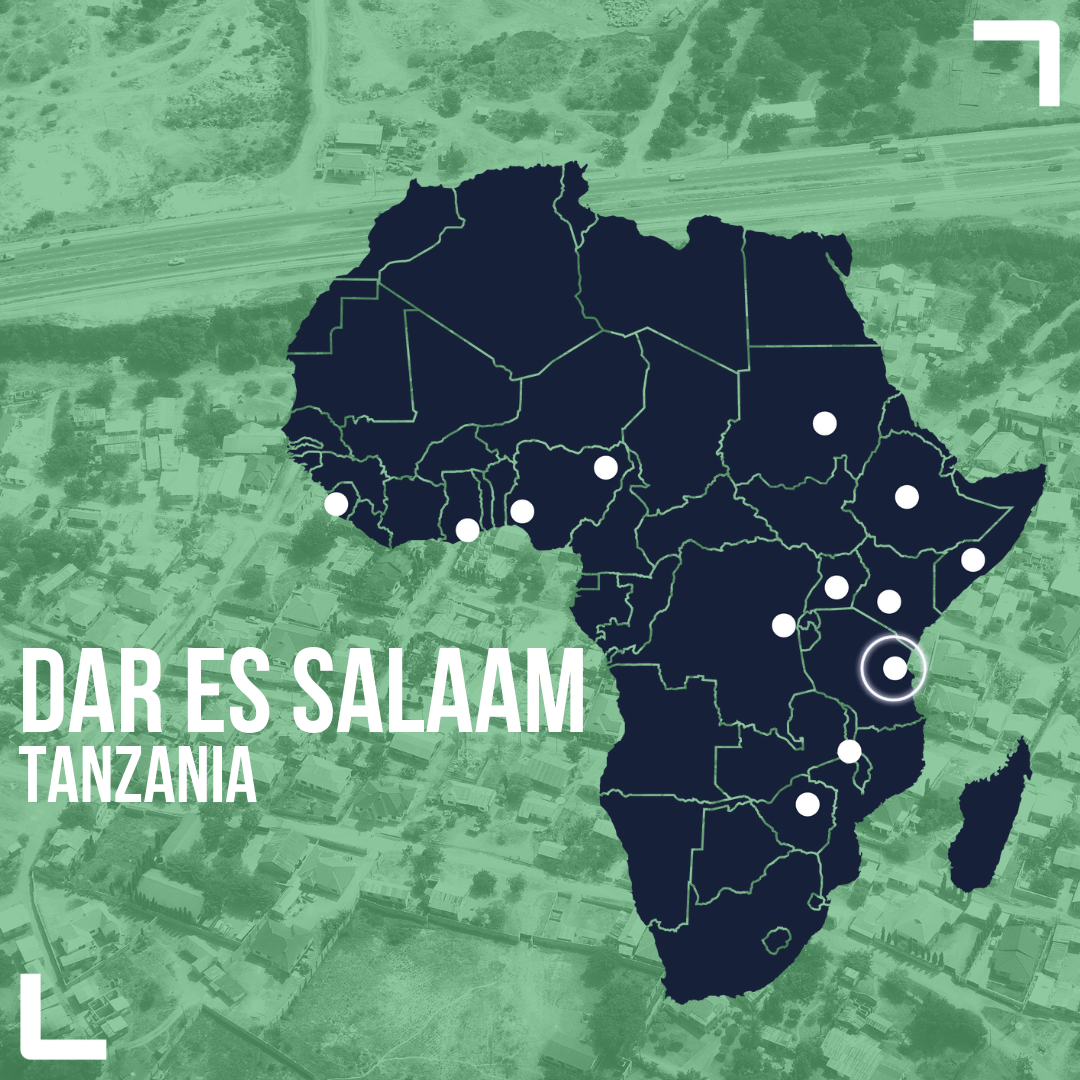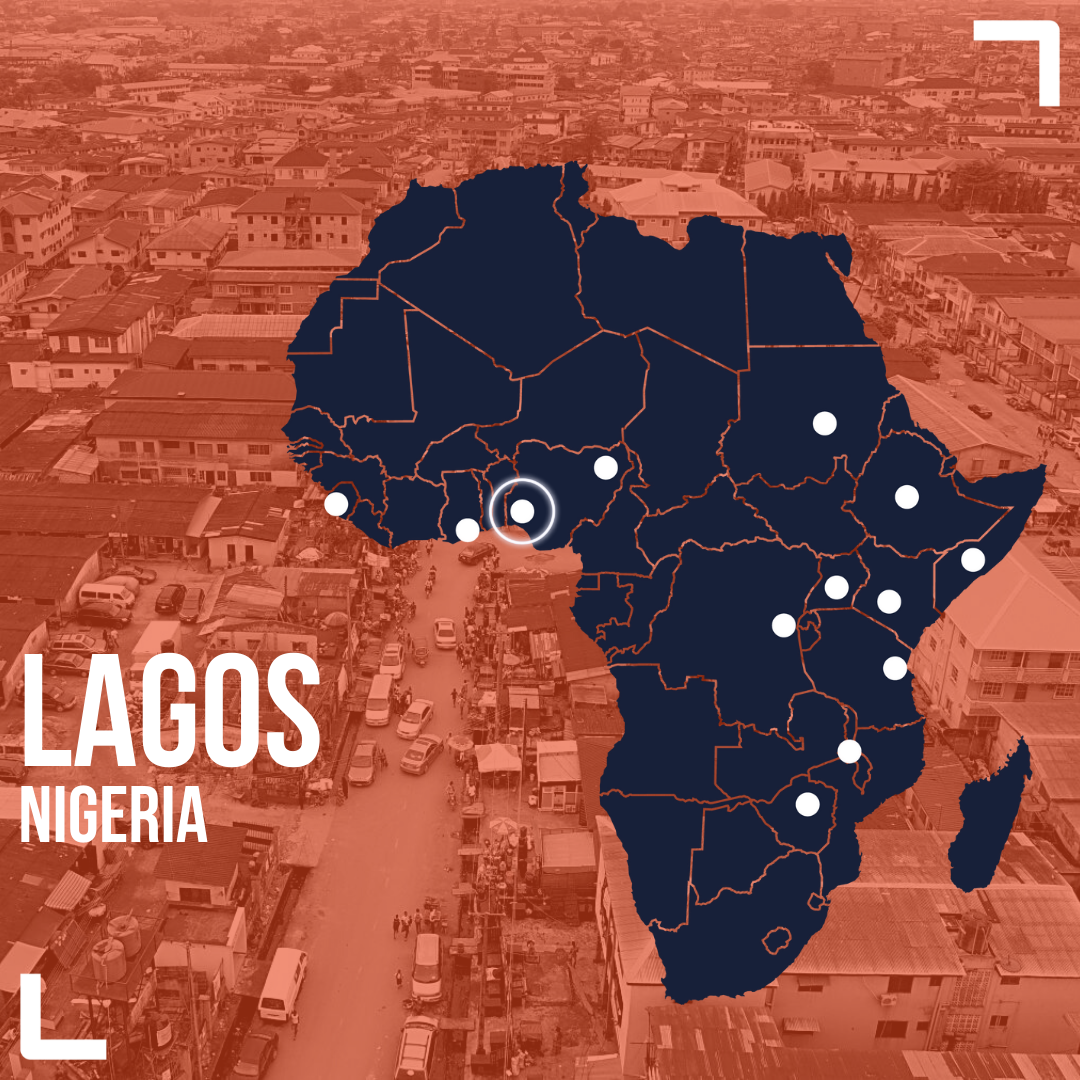Housing
Against a backdrop of poverty, underinvestment in basic infrastructure and contested land development, housing provision is lacking in African cities. In the absence of state support and affordable market opportunities, many households – including those in the middle classes – find housing in the informal sector, with associated insecurities.
As well as providing safety, security and access to essential basic services, housing also gives urban residents access to labour markets, a legal address and even a site for household economic activities. For city and national governments, housing construction is an important source of enterprise activity and employment. The cost, availability and suitability of urban housing options are influenced by multiple formal and informal systems, with a wide range of actors involved.
ACRC will examine the connections between these various systems and actors, along with other pertinent issues – including mass housing programmes versus incremental development, affordable housing, subsidies and environmentally friendly building materials – and how these intersect with other urban development domains.
LATEST NEWS from ACRC

In the shadow of Nairobi’s expansion: From peasants to paupers
In a new open access book, Peasants to Paupers: Land, Class and Kinship in Central Kenya, Peter Lockwood – former Hallsworth Fellow at The University of Manchester and now a postdoctoral researcher at the University of Goettingen – tells the human stories behind Kenya’s rapid urban expansion and the families being left behind.

Crime-fighting in Lagos: Community watch groups are the preferred choice for residents, but they carry risks
Criminal activities have developed into a security crisis in Nigeria. Alongside the responses of security agencies such as the police and military, there has been a huge local response, with community groups mobilising in the face of criminal attacks.

Awareness of youth programmes in Uganda is high – so why is participation so low?
Across Uganda, awareness of government youth programmes is impressively high, but youth participation remains stubbornly low. Our recent study sought to understand why knowing about these programmes does not necessarily translate into active participation.

